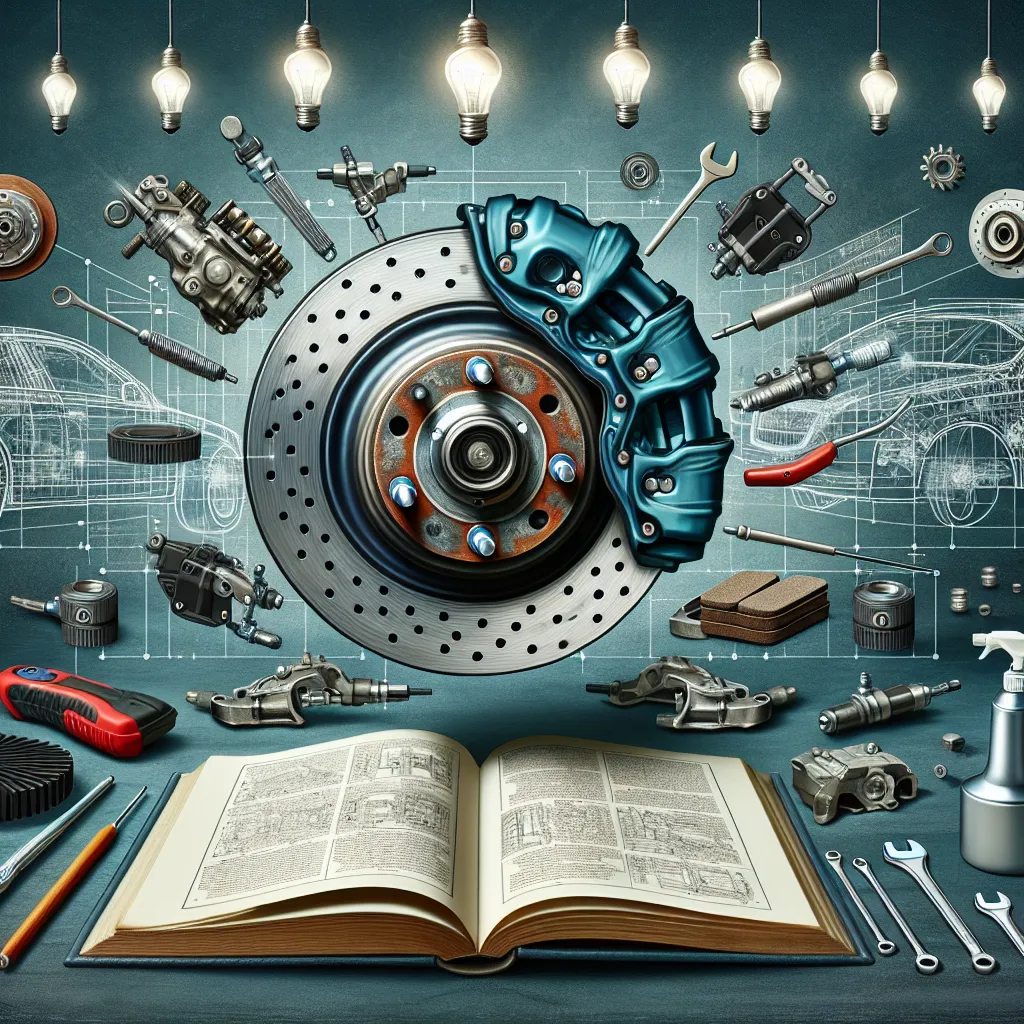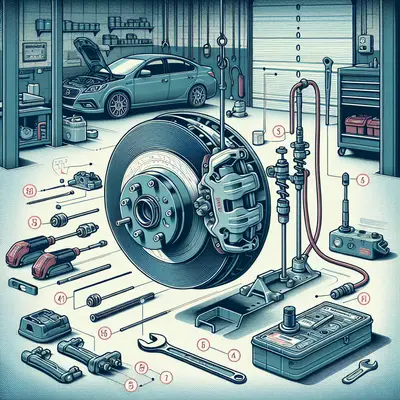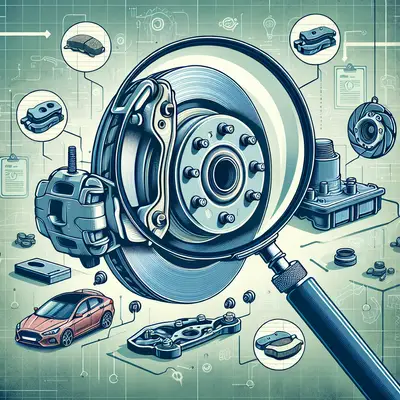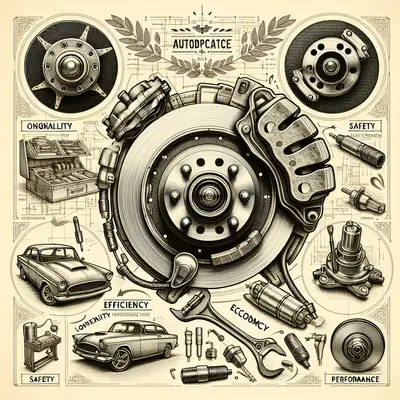The Ballet of Brake Fluid Exchange
The cyclical exchange of brake fluid is a dance of precision and timing. Over time, brake fluid absorbs moisture from the air, leading to a decrease in its boiling point and performance. Regularly replacing the fluid keeps your brake system's hydraulic components in optimal condition, preventing corrosion and maintaining peak braking performance. Aim for a fluid exchange every two years or 20,000 miles, but always defer to your vehicle's manual for specific guidance.
The Artistry of Brake Pad Inspection
Brake pads, the silent guardians of your vehicle's stop/start cycle, demand a meticulous eye for detail. Regular inspection can reveal signs of uneven wear, thinning pads, or foreign objects embedded in the pad material—all harbingers of potential brake failure. Make it a habit to visually inspect your brake pads every 10,000 miles, or sooner if you hear a high-pitched squeal when braking.
The Zen Of Rotor Resurfacing
A smooth rotor surface is a canvas for the brake pad to paint its friction-filled masterpiece. However, over time, grooves and imperfections mar this smoothness, leading to diminished brake performance and a pulsating brake pedal. The art of rotor resurfacing, performed during brake pad changes, restores the rotor's pristine condition and prolongs its life.
The Symphony of Caliper Lubrication
A well-lubricated brake caliper is a conductor orchestrating the smooth symphony of your braking system. Proper lubrication ensures the caliper's moving parts operate with precision, resulting in consistent braking power and reduced wear. During each brake service, make sure your mechanic checks and renews the caliper lubrication—a small act that can have a profound impact on your brake system's longevity.
The Elegance of Tire Rotation
While not directly part of the brake system, tires play a crucial role in your vehicle's stopping distance. Regular tire rotation ensures even tire wear, improving the tires' grip and reducing the work your brakes must do to bring your vehicle to a stop. Most experts recommend rotating your tires every 5,000 to 7,500 miles, or in accordance with your vehicle's manual.
Conclusion
The journey towards brake purity is a marathon, not a sprint. With these five elevated insights, you are well on your way to achieving an unparalleled level of brake maintenance. Remember, regular professional inspections are the cornerstone of a healthy brake system—ensure your mechanic is an artist who understands the symphony of brake care as well as you do.



